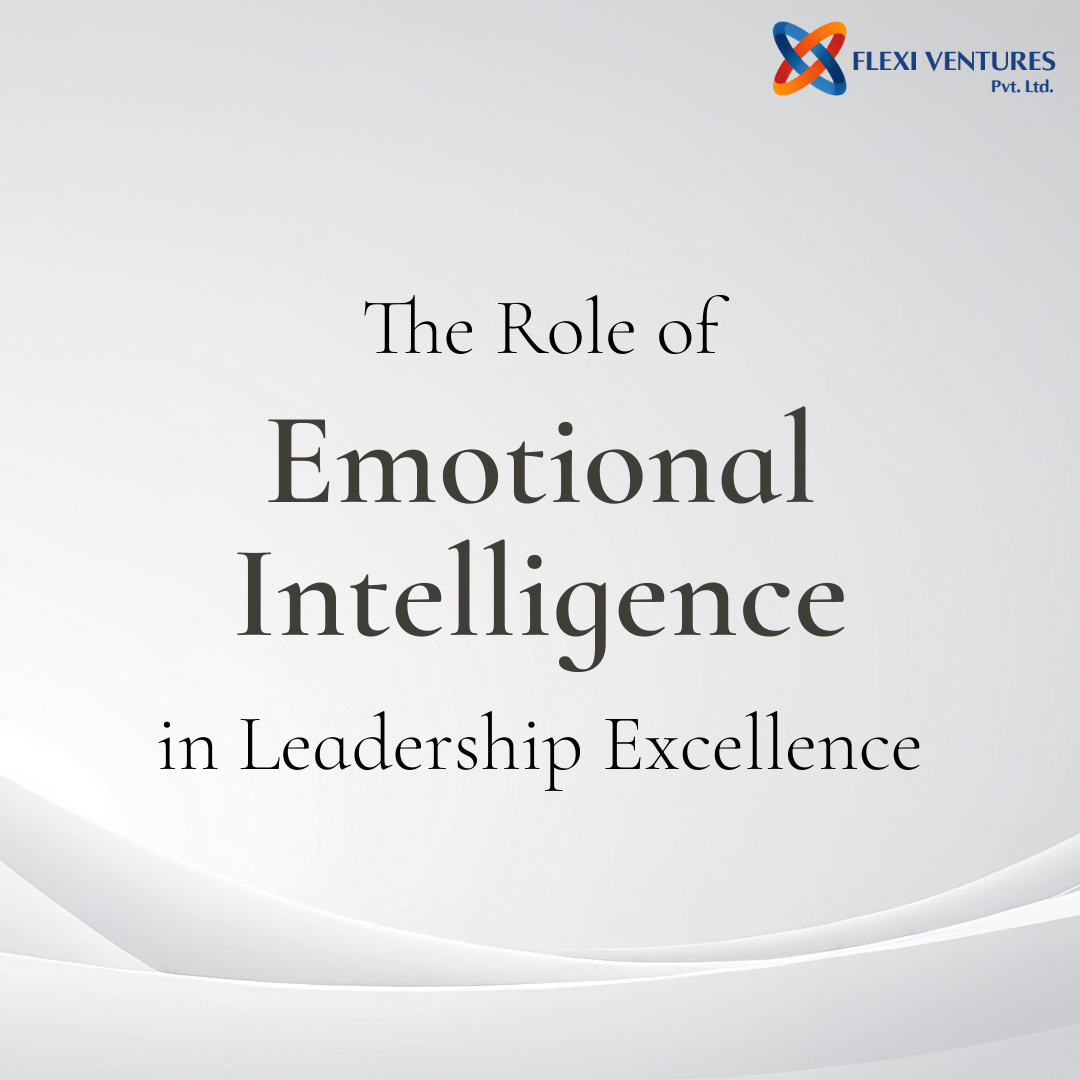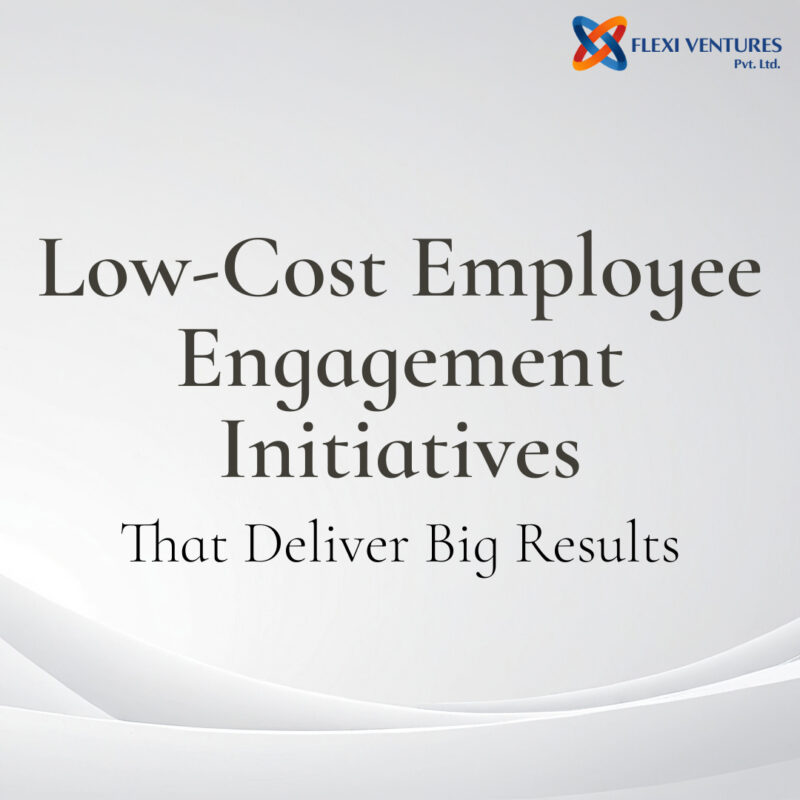Emotional intelligence (EI) refers to recognising, understanding, and managing emotions in oneself and others. It goes beyond simple emotional awareness, encompassing emotional regulation, self-motivation, impulse control, perseverance in challenging situations, and delaying gratification. For leaders, EI is an invaluable asset, enabling them to handle emotions effectively, inspire others, and navigate interpersonal dynamics. Additionally, EI includes the capacity to empathise, allowing individuals to understand and connect with the feelings of others on a deeper level.
Emotional Intelligence: A Cornerstone of Effective Leadership
Emotional intelligence (EI) is a critical attribute for successful leadership. It empowers leaders to build meaningful connections with their teams, foster a collaborative work environment, and navigate the complexities of workplace dynamics. Leaders with high emotional intelligence earn respect and inspire their teams, driving greater productivity and engagement.
Studies consistently show that emotionally intelligent leaders excel at managing stress, adapting to change, and resolving conflicts. They skillfully use their emotions to communicate effectively, empathise with others, address challenges, and de-escalate tense situations. As a result, emotional intelligence training has become an essential component of leadership development programs, as organisations increasingly recognise its value.
Leaders who invest in emotional intelligence training often experience heightened self-awareness, a fundamental aspect of understanding how their actions impact others. These programs foster growth and development, equipping leaders with the tools they need to succeed in their roles.
The link between emotional intelligence and exceptional leadership is undeniable—emotional intelligence serves as the foundation for leadership excellence. For those seeking to deepen their understanding of this connection, numerous resources provide valuable insights into the role of emotional intelligence in enhancing leadership effectiveness.
Core Components of Emotional Intelligence
Emotional intelligence (EI) is a vital aspect of effective leadership, encompassing a range of skills and competencies that enable leaders to manage their own emotions while understanding and influencing the emotions of others. Here are the key components of EI that every leader should strive to develop:
1. Self-Awareness
Self-awareness serves as the foundation of emotional intelligence. It involves recognising one’s emotions, strengths, weaknesses, values, and motivations. Leaders with strong self-awareness understand how their emotions influence their behavior and impact their team’s performance.
- Recognising personal emotional states
- Understanding the impact of emotions on behavior
- Identifying strengths and areas for improvement
To enhance self-awareness, leaders can engage in reflection and actively seek feedback.
2. Self-Regulation
Self-regulation is the ability to manage or redirect disruptive emotions and impulses. Leaders skilled in self-regulation foster environments of trust and fairness and are less likely to make impulsive decisions, stereotype others, or compromise their values.
- Controlling impulses
- Maintaining integrity and trustworthiness
- Adapting to ambiguity and change
3. Motivation
Motivated leaders are driven by a passion for their work that transcends monetary rewards or status. Their inner drive and goal-oriented focus help them exceed expectations.
- Strong desire to achieve
- Optimism in the face of challenges
- Commitment to organisational goals
4. Empathy
Empathy allows leaders to understand and connect with the emotional needs of others. It’s essential for talent development, cross-cultural sensitivity, and building stronger teams.
- Awareness of others’ feelings and concerns
- Leveraging diversity effectively
- Demonstrating political awareness
5. Social Skills
Socially adept leaders excel at managing relationships, building networks, and navigating social complexities. These skills are crucial for finding common ground and fostering collaboration.
- Leadership and influence
- Communication and conflict management
- Building rapport and trust
Developing these components through training can help leaders address the challenges of leadership more effectively.
Benefits of Emotional Intelligence Training for Leaders
Emotional intelligence (EI) training equips leaders with the tools to understand, manage, and leverage emotions effectively, resulting in numerous benefits. It enhances team dynamics by improving communication, collaboration, and conflict resolution, creating a more cohesive and productive work environment. Leaders with heightened EI can make rational, unbiased decisions while considering their emotional impact on others, fostering acceptance and strategic execution.
EI training also builds resilience, helping leaders manage stress, prioritise tasks, and maintain composure in high-pressure situations. This calm demeanor inspires confidence and stability within teams. Additionally, emotionally intelligent leaders contribute to cultivating a positive workplace culture by fostering trust, empathy, and mutual respect.
A culture led by EI-trained leaders often experiences higher job satisfaction, improved employee retention, and stronger organisational performance. Ultimately, EI training transforms leaders into empathetic, adaptable, and effective individuals, driving both personal and organisational success.
Continuous Learning and Development Opportunities
Developing emotional intelligence (EI) is an ongoing journey rather than a one-time achievement. Leaders benefit from continuous learning opportunities to strengthen and refine their EI skills. This can include follow-up workshops, coaching sessions, and peer learning groups to reinforce and expand their capabilities.
Organisations can also encourage self-directed learning practices such as journaling and reflection to help leaders gain deeper insights into EI concepts. Providing access to resources like articles on leadership and self-awareness further emphasises the importance of EI in leadership roles.
Incorporating emotional intelligence into leadership development programs creates a culture of continuous growth, enabling leaders to enhance their competencies over time. Regular progress assessments can track improvement, measure long-term outcomes, and adapt development initiatives to meet the changing needs of both leaders and organisations. This commitment to ongoing development ensures that leaders remain effective in fostering strong, emotionally intelligent teams.
For more information on HR consulting or support services visit our website.
Visit our Website – www.flexiventures.in
Call – 8080100001











